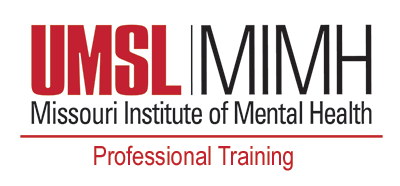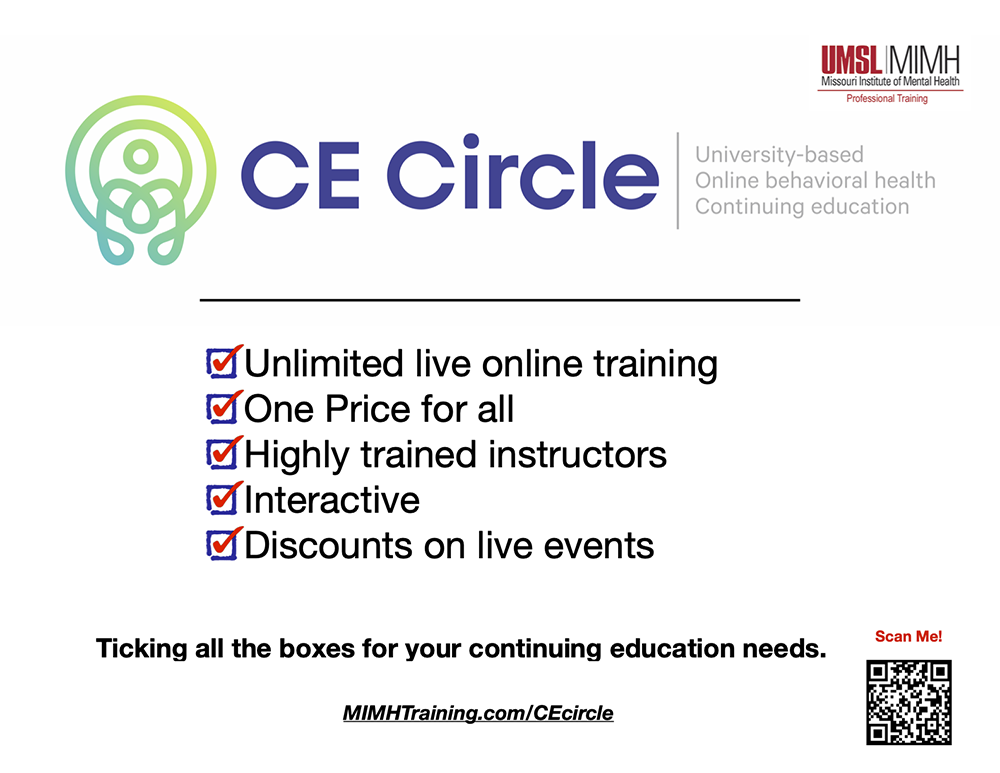Helping Children with Functional Pain
Many children suffer from recurrent or chronic pain that is not due to a medical problem. This type of pain is referred to as functional pain. The most common types of functional pain reported by children are recurrent stomachaches and headaches. The cost of functional pain is considerable. Children with functional pain make frequent doctor visits and are often referred to tertiary care facilities. In addition, several hundred thousand school days are lost each month as a result of functional pain and school absences can negatively impact a child’s academic and social development. A number of psychological interventions have been found to be highly effective in decreasing the frequency, duration, and intensity of pain episodes. Nevertheless, it can be difficult for families to access effective treatment.







